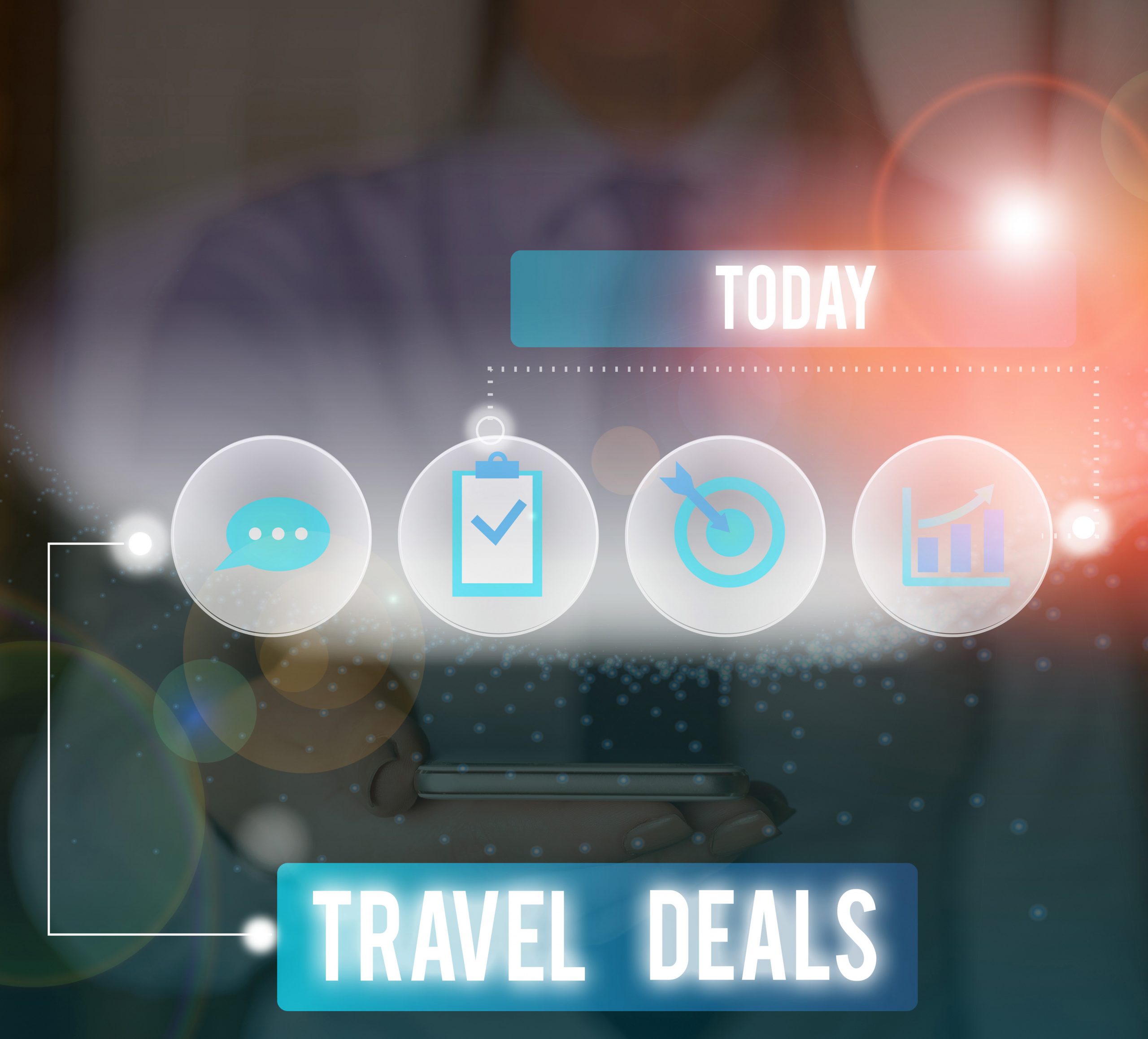
Technology has become an important part of our daily lives playing a major role in how we work, learn, shop, communicate, and even travel. Travel is one of the fastest-growing industries that has been greatly influenced by technology and in many ways by Artificial Intelligence technology.
Artificial Intelligence has the potential to benefit the travel industry by helping to automate and simplify many tasks traditionally done by humans and reduce the amount of human error. The travel industry is leveraging the benefits of AI technology to predict travel choices, provide personalized travel solutions tailored to customer needs, improve customer service, and make in-trip and post-trip needs management simpler. AI in travel and tourism is used to make the whole travel experience easier and more convenient for customers.
Here are some of the best examples of AI in tourism.
Travel chatbots
The travel industry is the field where on-demand 24-hour support is essential to assist customers in real-time. Travelers may be planning a trip or facing concerns on a trip and trying to get fast and relevant help at any time of the day or night.
Using AI-based chatbots and assistants for live support is a great way to save time, costs and increase efficiency. Chatbots can be a useful tool to help with all travel arrangements, provide instant answers at any time of the day on flights, hotels, transportation facilities, and entertainment spots at the destination.

In-room assistants
As AI becomes popular in tourism, it comes in handy not only for helping travelers plan their trip but also during their stay. Virtual voice assistants in the room can enhance the guest experience by answering their questions, carrying out requests such as setting a temperature in the room, turning the TV on and off, adjusting the light, informing about the hotel’s breakfast time, etc. Many hotel chains embrace AI-powered voice assistants to help anticipate a guest’s needs, make tailored recommendations they will most likely be interested in, and deliver a more personalized and engaging experience for guests.
Check-in through face recognition
Facial recognition is used in various businesses to speed up the check-in process and save time. For example, facial recognition solutions enable contactless check-in for hotel guests eliminating the need for room keys or cards. AI-powered facial recognition systems can also make it easier to verify a person’s identity and board flights through facial scans without a physical boarding pass. Though the use of this technology at airports has been controversial so far amid concerns over privacy and data use, many airports have been widely adopting it to replace the traditional boarding method and make check-ins and check-outs easier.
Data analysis and improved operations
Artificial Intelligence can be very helpful for data gathering and analysis. With the ability to collect and analyze users’ data and find their interests and preferences, AI can help travel companies predict customer needs, pricing strategies, favorite destination packages, etc., and suggest more customized vacation deals. By getting detailed insights into customer choices, AI enables businesses to generate more leads and improve operational efficiency.

Prize optimization
You may have noticed that airlines and hotels raise prices on repeat flights or hotel searches. AI-powered dynamic pricing technology uses predictive analytics to show the most efficient price at all times and in real-time. The system automatically identifies pricing strategies, and based on each customer’s features, such as preferable time to fly, time to buy tickets, etc., the system delivers the most relevant offers at the optimal price. This gives customers an opportunity to track deals and get competitive pricing data to know what’s the best time to book a vacation.
Online brand management
Online reviews are a trusted source of information for many consumers when booking trips and may be essential for brand reputation. So it’s important to keep an eye on what customers say about your brand as any negative review could harm your online reputation.
Artificial Intelligence in tourism makes it possible for travel companies to easily track customer reviews, comments on social media, and other mentions about the company. AI can analyze online guest reviews and quickly respond to negative feedback to ensure a positive online presence and brand reputation.
Artificial Intelligence has a growing role in the development of the travel industry offering numerous opportunities to enhance the travel experience. From the consumer viewpoint, Artificial Intelligence makes it easier for users to find the relevant information, get more customized deals, make more informed decisions and get an overall better customer experience. From the business viewpoint, AI has the potential to improve operational efficiency within all areas of the travel industry, reduce running costs and help generate more revenue for the travel business.
By Siranush Andriasyan

SmartClick is a full-service software provider delivering artificial intelligence & machine learning solutions for businesses.


